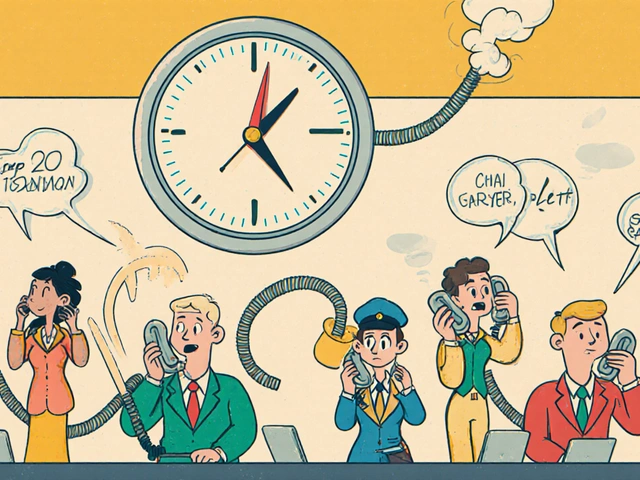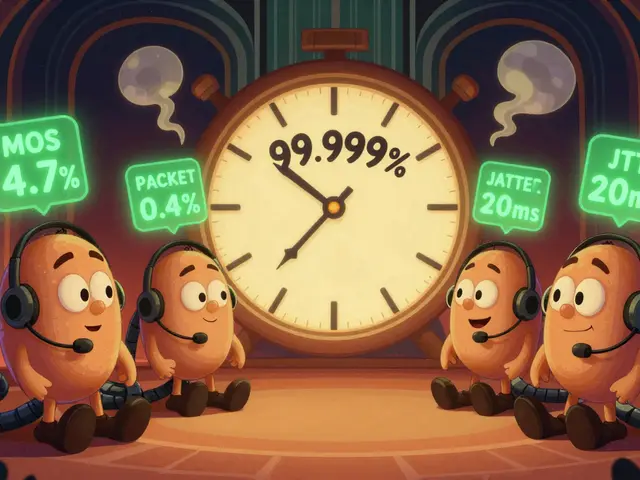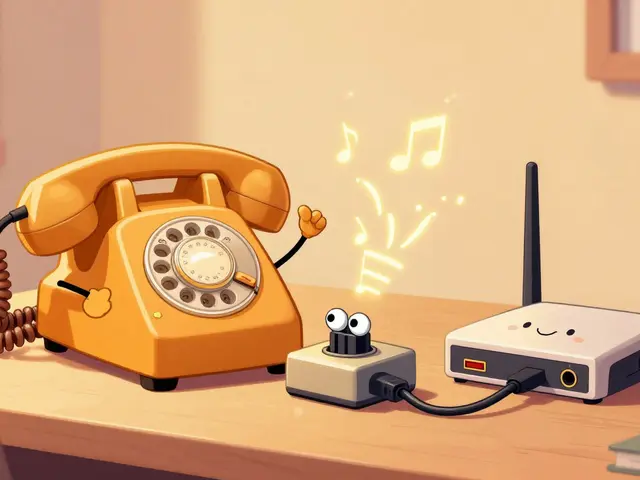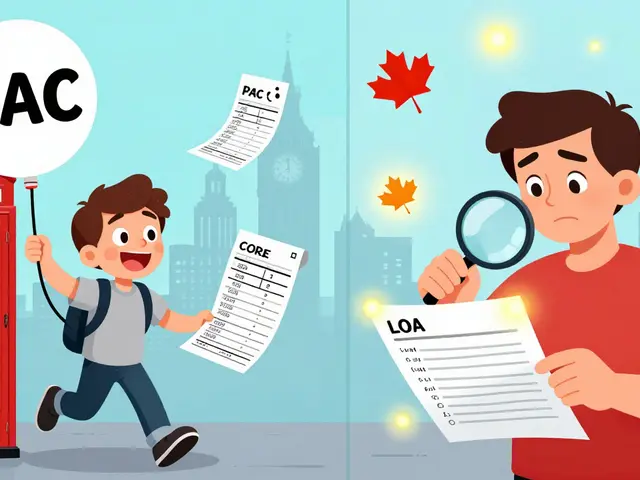VoIP for Elderly: Simple Calling Solutions for Seniors
When it comes to staying in touch, VoIP for elderly, a voice calling system that uses the internet instead of traditional phone lines. Also known as internet phone service, it cuts monthly bills, works with simple devices, and lets seniors call family anywhere in the world without extra charges. Many older adults still use landlines because they’re familiar—but those lines are expensive, hard to install, and don’t support video calls or emergency alerts. VoIP changes that. You don’t need to be tech-savvy to use it. Just plug a phone into a router, press a button, and talk.
What makes VoIP work well for seniors isn’t the tech—it’s the design. Senior VoIP phones, specialized handsets built for older users with large buttons, high-volume speakers, and one-touch speed dial. Also known as easy-use IP phones, they look like old-school phones but connect to Wi-Fi or Ethernet. Brands like Gigaset and OBi offer models that auto-pair with popular services like Skype or Google Voice. No confusing menus. No passwords to remember. Just pick up and talk. And if they forget how to use it? A child or grandkid can set it up remotely in minutes using a smartphone app.
Another big win? Easy VoIP setup, a plug-and-play process that avoids wiring, technicians, or long waits. Also known as no-tools phone installation, it means seniors can switch from a landline without calling a repairman. Most providers send a small adapter—plug it into the wall, connect the phone, and you’re done. No monthly contracts. No hidden fees. Some plans cost less than $10 a month, even with unlimited U.S. calls and free international calling to countries like Mexico, the Philippines, or India, where many seniors have family.
And if they need help? VoIP systems can link to emergency services, medication reminders, or even a family group chat. One user in Florida set up her VoIP phone to ring three times if her blood pressure was low—her daughter got a text, called back, and got her to the hospital. That’s not magic. That’s VoIP working the way it should: quietly, reliably, and with heart.
Some people think VoIP is too complicated for older adults. But the truth? The simplest VoIP systems are easier than smartphones. No swiping. No apps to download. No updates to install. Just a phone that works like the one they’ve used for 30 years—except it costs less, sounds clearer, and never loses connection when the power goes out (if backed up by a battery).
Below, you’ll find real guides on choosing the right phone, fixing common problems like echo or low volume, and setting up systems that even someone who’s never used a computer can master. No jargon. No fluff. Just what works for seniors who want to stay connected without the stress.
Choosing between VoIP and landline phones for seniors comes down to reliability vs. scam protection. Landlines work during power outages and connect 911 instantly. VoIP blocks robocalls but needs internet and setup. Here's what works best for older adults in 2025.







